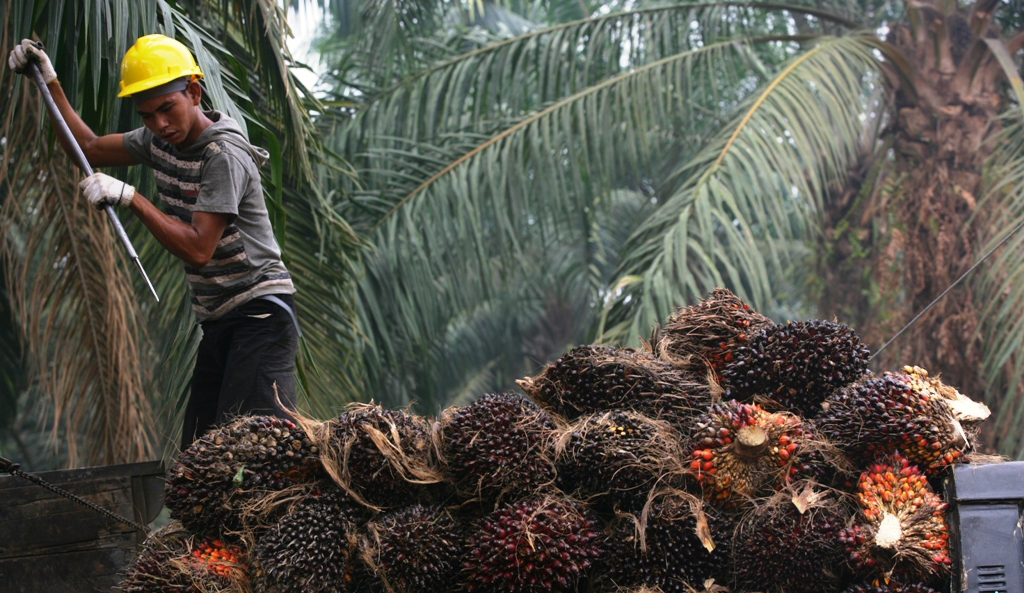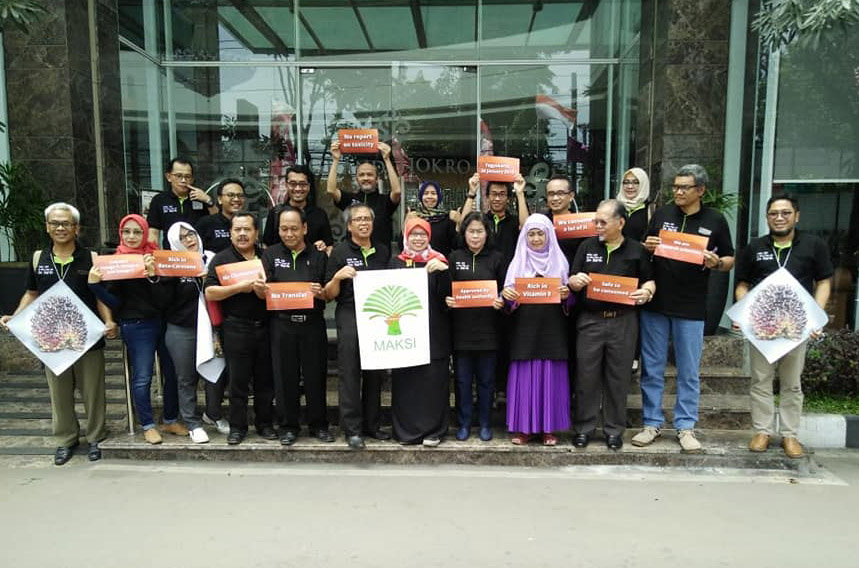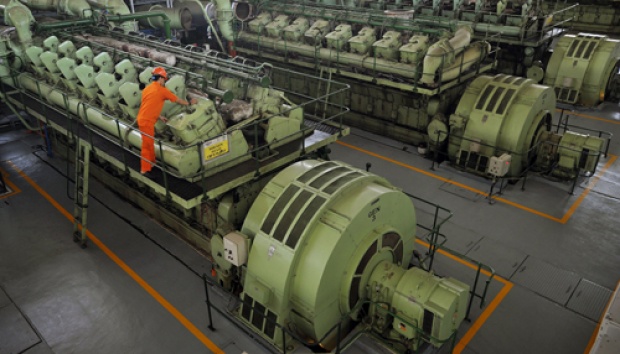BPDPKS Calls for Communities to Support Sustainable Palm Oil
THE Indonesia Oil Palm Plantation Fund Management Agency (BPDPKS) expressed its sympathy and sadness for forest and land fires in some places in Indonesia.

THE Indonesia Oil Palm Plantation Fund Management Agency (BPDPKS) expressed its sympathy and sadness for forest and land fires in some places in Indonesia. The fires have caused significant social, economic, and health losses in Indonesia.
BPDPKS’s President Director Dono Boestami said in his statement, Thursday (19/9/2019), that there are some factors that led to the out-of-control fires, including culture and forest mismanagement, as well as people’s activities. But those factors are not entirely to blame, as some other factors including climate change and dry season could also led to outbreak fires like also occurred in other countries such as Russia, Australia, United States, Greece, and Brazil.
“We agree that works of humans that starts fires deliberately are crimes, even if they did for palm oil expansion. Those activities are against the government commitment to sustainable palm oil as ruled by Presidential Instruction No. 8 Year 2018 on Postponement and Evaluation of Oil Palm Plantations Licensing and Increasing Productivity of Oil Palm Plantations. Under the regulation, the government passes the moratorium so that it is illegal to clear lands for oil palm plantations,” Dono said in the statement.
The Government has reaffirmed its commitment to increase productivity on existing lands, so that Land clearing, especially illegally, is against the law. The government is implementing replanting program to increase productivity through conservation attempt, promoting Good Agricultural Practices (GAP) and preventing illegal land clearing.
Palm oil sector is also attempting to prevent forest fires. Palm oil companies have worked with the government to prevent the wildfires, including setting up a task force.
According to data analysed from 8-15 September 2019 by Global Forest Watch, more than 83% wildfires in Indonesia occurred outside palm oil concession areas. Out of 69% occurred outside concession areas, 11% inside pulp concession areas, and 3% inside logging concession areas.
BPDPKS has been working on palm oil campaign, collaborated with the Ministry of Communications and Informatics, Coordinating Economic Ministry, parliament members, and National Economic and Industry Committee (KEIN). As mentioned on Presidential Instruction No 9/2015, the Ministry of Communications and Informatics serves as Government Public Relations (GPR) to educate the public about government programs on public domain, collaborated with other ministries, institutions, and regional governments.
The activity is not intended to act on behalf of palm plantations nor to justify land clearing burns. It is aimed to educate public that palm oil is strategic commodity for Indonesians.
All negative campaigns against palm oil must be responded with positive information based on fact and data. It is deemed necessary as the negative campaigns have affected livelihood of millions of Indonesian oil palm smallholder farmers.
As a strategic commodity, palm oil production has contributed to economic benefits such as government revenues, 3,5% of Indonesian GDP, positive trade balance, as well as has become instrument for national energy security that has replaced more than 12.61 million kiloliter fossil fuels with palm oil-based biodiesel since August 2015 to July 2019. Palm oil is used in many everyday products from foods, cosmetics to bathroom products.
Removing palm oil is not a solution for Indonesia. Working hand in hand for sustainable palm oil in Indonesia is more needed than ever. Palm oil management means no more land clearing, not to mention illegal ones, no deforestation and exploitation. Improving smallholder farmers’ and people’s livelihood, implementing social responsibility and community development, as well as improving business continuously are the best solutions.
“Let’s support sustainable palm oil, and fight against unsustainable palm oil management practices,” Dono added. ***



































